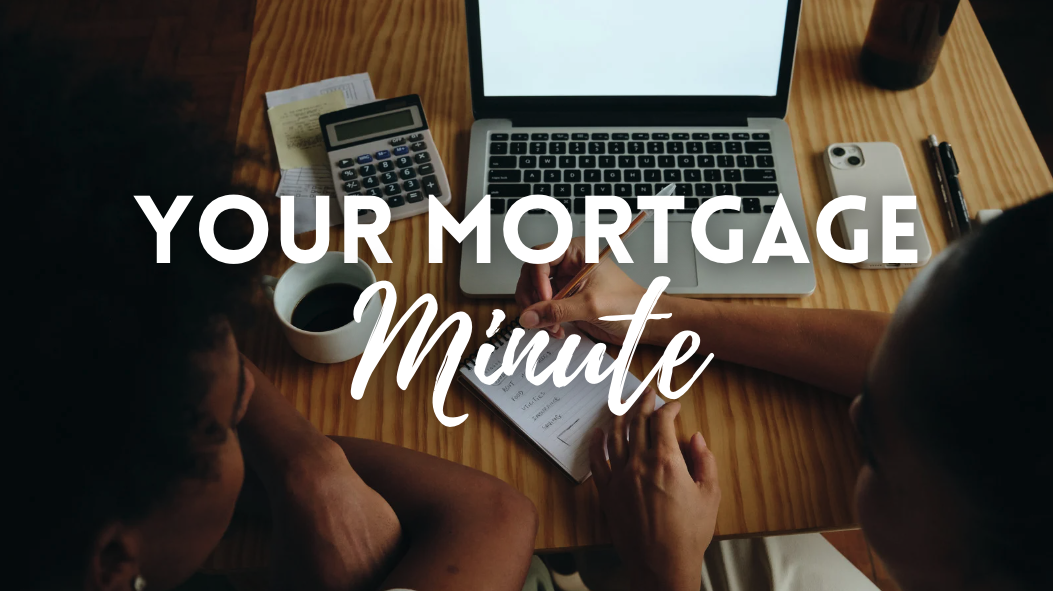The Bank of Canada may have held its key interest rate steady at 2.75% for the third consecutive time, but don’t let that lull you into a false sense of financial security—especially if you're carrying high-interest debt.
Many Canadians are feeling the pressure of high borrowing costs, and one trend that continues to grow? More people are carrying credit card balances longer, often maxing them out. This can silently sabotage your chances of getting approved for your next mortgage—even if you’re making all your payments on time.
Why Your Credit Card Balance Matters to Lenders
Mortgage lenders aren’t just checking whether you pay your bills—they’re looking at how much credit you're using. Known as “credit utilization,” this is a major factor in your credit score.
If your credit card balance is regularly over 50% of your limit, your score could take a serious hit—even if you’ve never missed a payment. Why? Because credit bureaus take a snapshot of your balance at a moment in time. If it’s high on that day, it might look like you’re stretched thin financially, which can trigger red flags for lenders.
According to credit expert Richard Moxley, one maxed-out credit card can drop your score by 30 points or more, enough to affect your mortgage rate or even result in a decline.
What You Can Do if You’re a Homeowner
If you’re already a homeowner in Victoria and you’ve built up some equity, there may be a smart path forward: refinancing your mortgage to consolidate high-interest debt.
This could:
Lower your monthly payments
Improve your cash flow
Help boost your credit score within a few months
Debt consolidation through refinancing isn’t for everyone, but in the right situation, it can be a game-changer—especially in a market where borrowing conditions are tightening.
Want to explore your options or get a credit check-up? Connect with our trusted mortgage broker at The Mortgage Group:
📞 Contact: Paul Macara – Mortgage Professional
📧 paul@macaramortgages.com | 📱 (250) 857-4741
What the Bank of Canada Rate Hold Means for Buyers & Sellers in Victoria, BC
In its July 30 announcement, the Bank of Canada once again held rates at 2.75%, citing ongoing trade tensions with the U.S., weaker GDP, and inflation driven by high shelter costs (especially rent).
Here’s what this means for you:
For Buyers:
Good news: The pause in rate hikes gives buyers a window of opportunity to lock in better rates than earlier this year.
But caution: High credit card balances could still block approvals or result in higher mortgage rates—even if the Bank hasn’t raised theirs.
If you’re thinking about buying, now’s the time to get your finances in check, review your credit utilization, and consider getting pre-approved.
For Sellers:
Buyer confidence may return, especially among those who’ve been waiting for rates to settle.
If you’re planning to list soon, this could be the start of more activity—but buyers will remain cautious, especially in the face of inflation and uncertain economic forecasts.
Final Thoughts: Stability Doesn’t Mean Simplicity
While a steady interest rate can be reassuring, your personal finances—including how you manage credit—can have a much bigger impact on your mortgage options.
Whether you're looking to buy, sell, refinance, or consolidate, having a plan and understanding the broader economic context can help you make your next move with confidence.
Need help navigating your next steps? Reach out to discuss a plan tailored to you.
Jacqueline Ross, REALTOR®
Coldwell Banker Oceanside
(250) 415-5656
jac@yourvanislehome.com
Instagram | Facebook
Get the newsletter!

